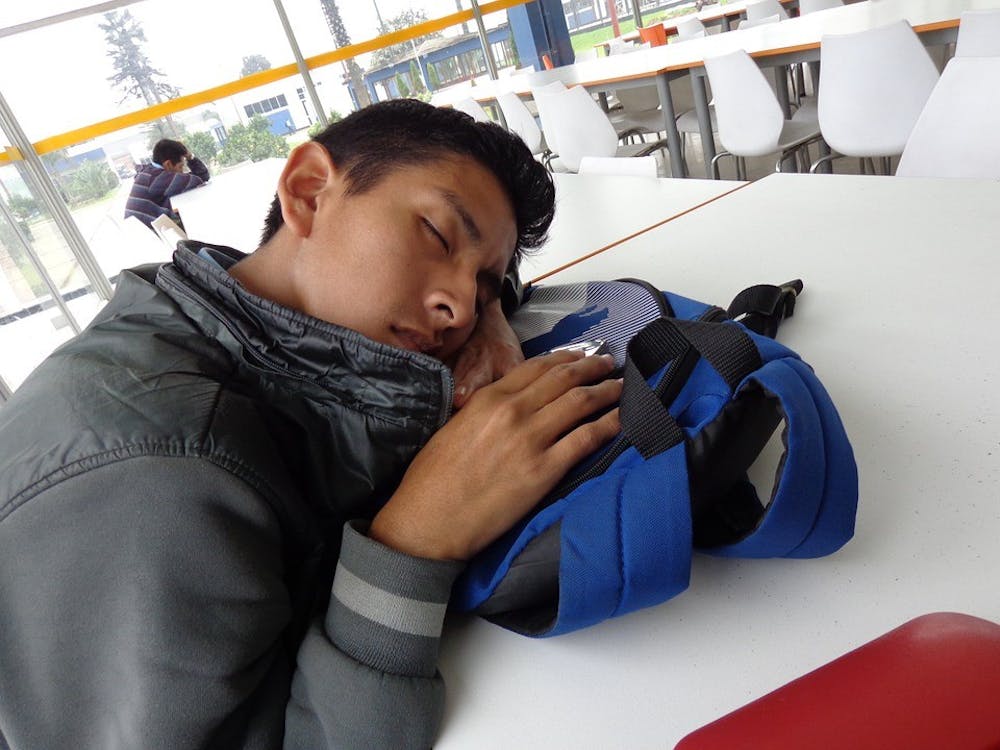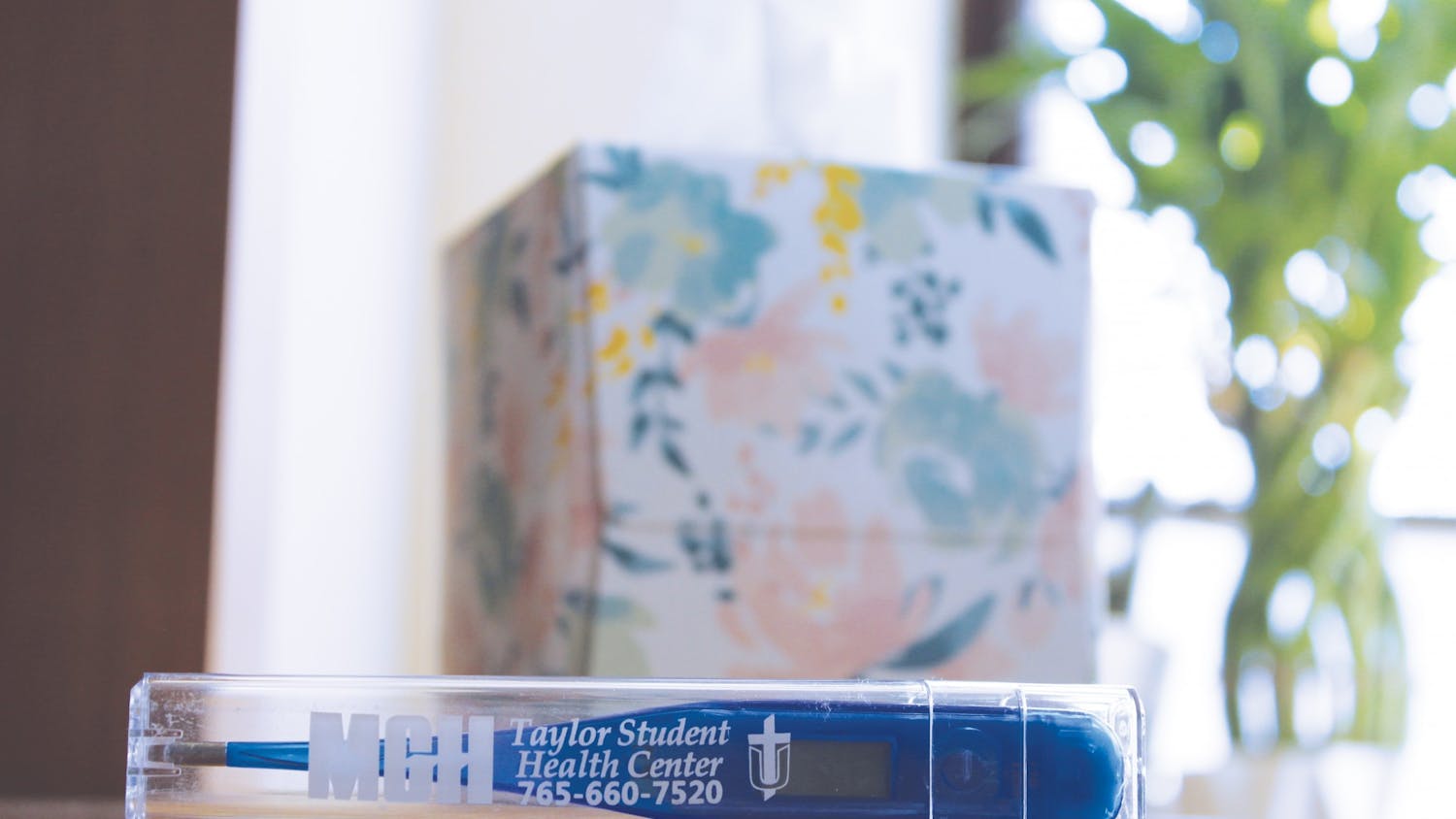These days the typical response to, “How are you?” is something along the lines of, “I'm good, but pretty tired.” Why are college students so tired? Is it because professors just happen to assign the most time-consuming projects all in the same week? Because there are constantly things to participate in? Or maybe that is just the thing to say?
Sophomore Liz Naatz shared, “I am always about the same level of tired, even if I get more sleep.”
Being tired seems to be more than just the thing to say, but a common trend among college students.
Whatever the cause of this fatigue may be, here are some practical ways to help you feel more rested throughout your day:
1- Have a routine: This is a simple way to train your body when it's time to sleep and time to wake up. If you wake up and go to sleep at the same time your body’s clock will reset. Keep this routine regular, this includes weekends.
2- Take breaks during your day: Going non-stop every day isn't healthy for anyone. Give yourself time to rest. If you have an important test coming up, reward yourself with rest after studying for an amount of time. Go watch a show with a friend or start a new book.
3- Say no sometimes: FOMO, the fear of missing out, is something we have all struggled with at one time or another. I’ve noticed that college culture makes you feel that if you aren't busy, you're missing out. But this isn't true. It's okay to say no to getting donuts at 2 a.m. You won't miss as much as you think you will and your body will thank you.
4- Unplug to plug in: Instead of staring at your phone screen for thirty minutes before you go to sleep, just sleep. Looking at the screen actually makes it harder to fall asleep. Use this time to pray or mentally prepare for your next day.
5- Keep your naps short: College students love naps, and having breaks between classes, allows for the perfect afternoon nap schedule. The ideal time for a nap is a quick 20-minute power nap. After that, your regular sleep routine could be thrown off and it will be harder to sleep that night.
When she regularly is sleeping eight hours a night, junior Taylor French said, “I do feel rested during the day and I do have the energy to get everything done and go to practice!”
However, if you can't seem to fit eight hours into your schedule, or even if you can, using these tips should help you to wake up from the constant state of college dreary drowsiness to energetic excitement!





